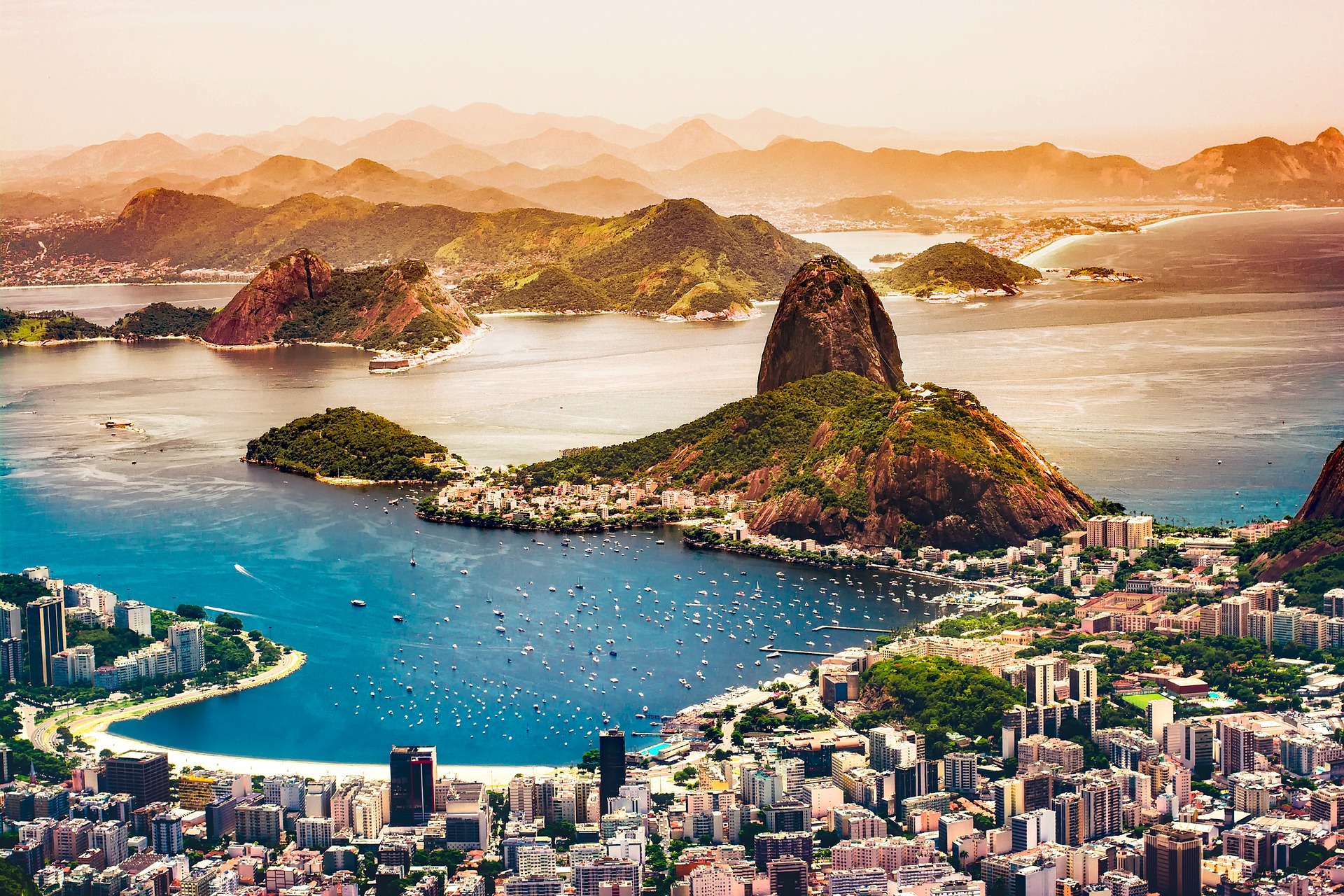The impact of the COVID-19 pandemic on tourism in Brazil in the first half of 2021 affected 75% of Brazilian tour operators, who made less than a quarter of boarding houses in the period before the pandemic. These data were published by the Brazilian Association of Tour Operators (Braztoa) in a June industry report.
The COVID-19 pandemic was the deadliest in Brazil in the first half of this year, when the number of COVID-19 deaths rose from 200,000 on January 7 to 518,000 by the end of June, due to the spread of the gamma variant across the country.
The deadliest months of the pandemic were March, April and May. States and municipalities have imposed stricter restrictions to try to curb the spread of the virus and reduce casualties.
According to a monthly survey of services (PMS) conducted by the Brazilian Institute of Geography and Statistics (IBGE), in May last year, economic growth in tourism in Brazil grew by 18.2%, mainly due to the resumption of air transport.
Despite the medical and economic crisis, Braztoa says that the deployment of vaccinations and announced promotions were important for the development of tourism in Brazil during this period. The study shows that from January to June this year, 22% of operators issued more or as many bills compared to the period before the pandemic.
A survey conducted in June shows that 26% of operators did not land, and only 25% reached at least half of the historical average number of landings this month.
Braztoa says that the most popular national destinations are Porto de Galignas, Hramada, Praia do Forte / El Salvador, Maceio, Porto Seguro and Rio de Janeiro.
At the international level, the leading sales positions are occupied by the countries of Central America and the Caribbean.
According to the tour operators’ association, routes that include sun and beach, luxury and wellness are some of the advantages for travelers looking for “a great connection with nature, local communities and self-knowledge”.
30% of companies in the sector expect the recovery of average revenue in the first half of 2022, while 22% of operators are more optimistic and expect a return to pre-pandemic indicators in the second half of 2021. For 19% of companies, the normalization of trade is not expected before 2023.

